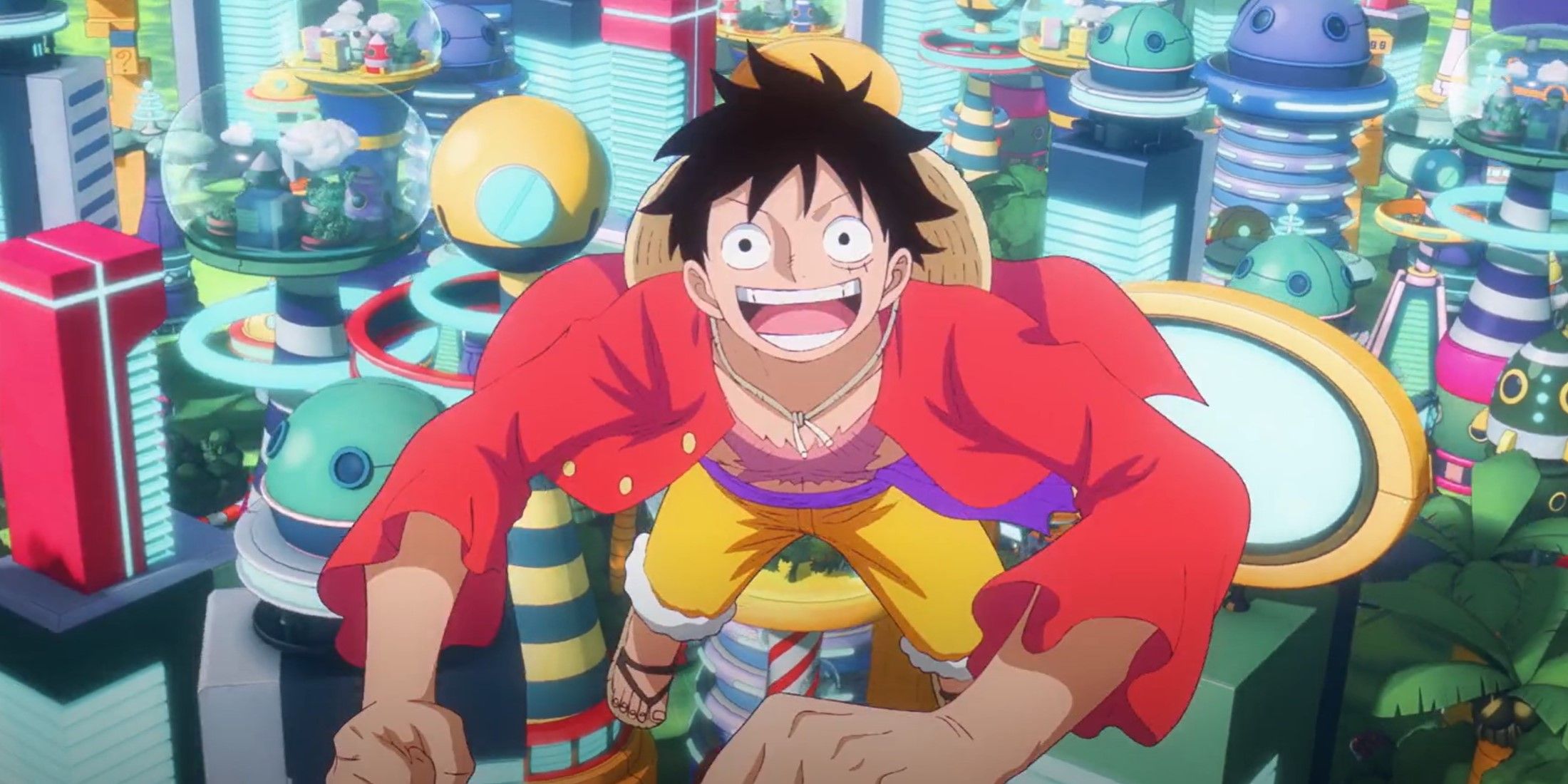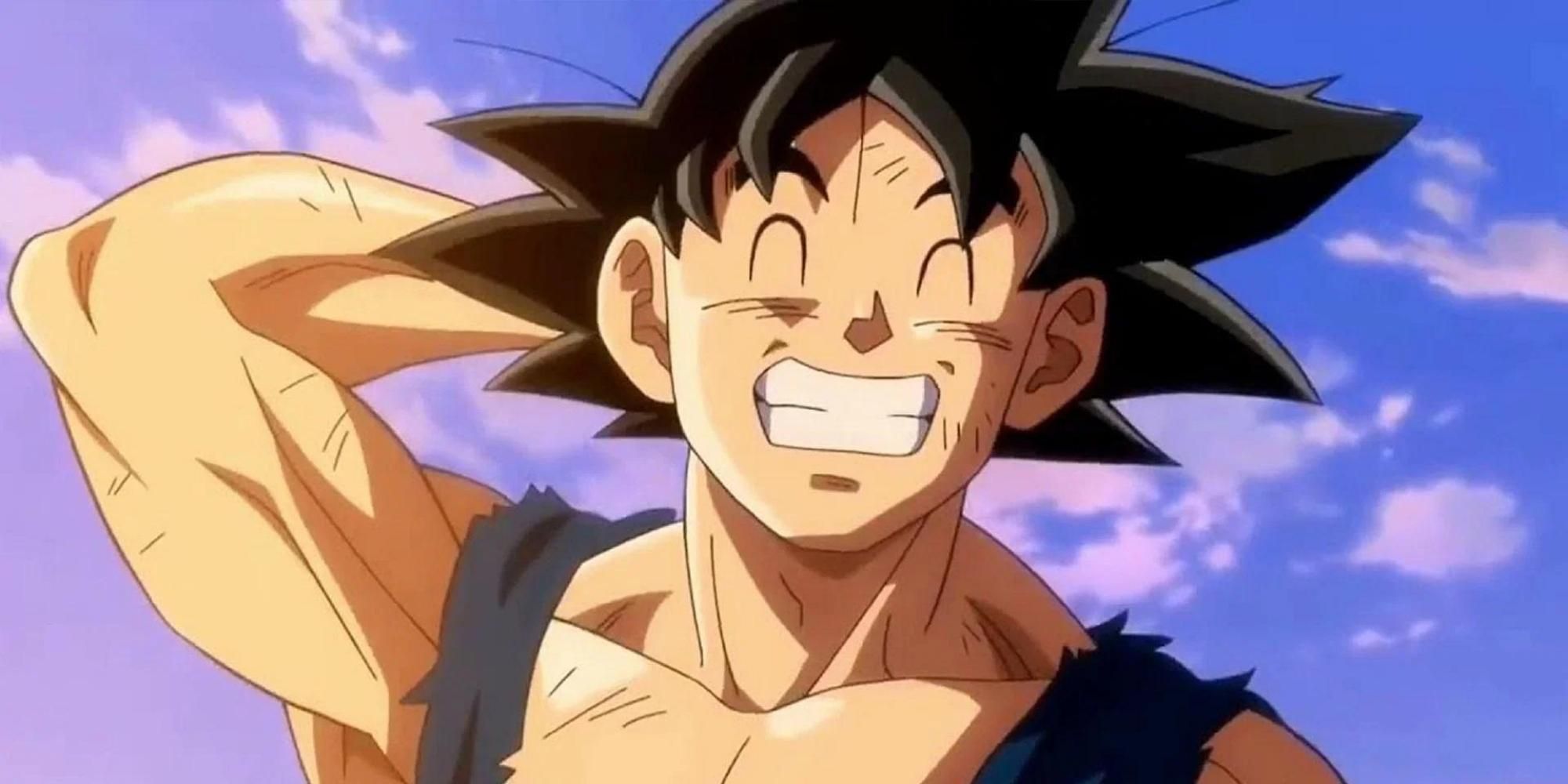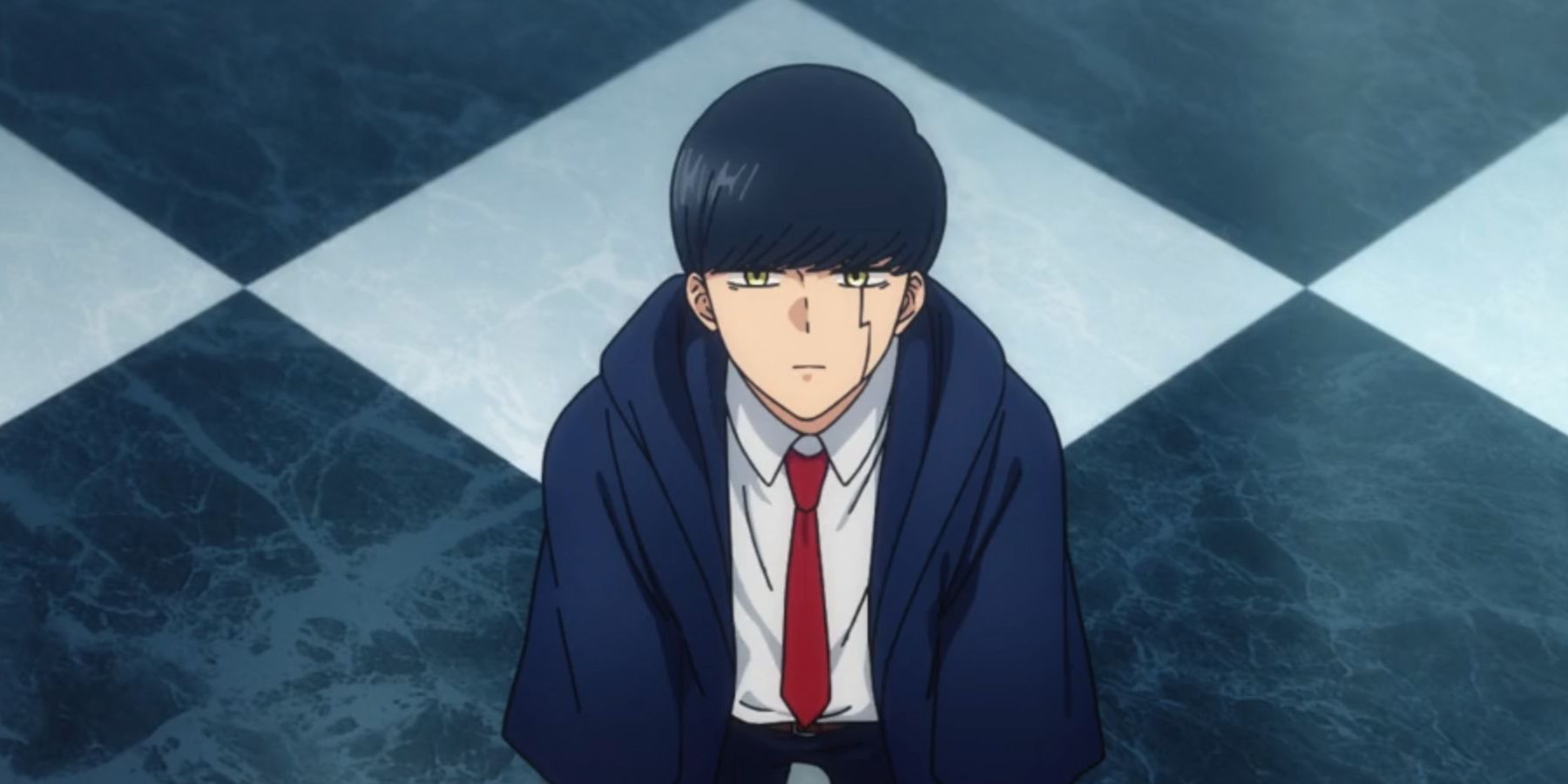
Reevaluating the Dumb Protagonist Trope in Shonen Anime

Exploring the prevalence of airheaded main characters in manga and anime - is it time to retire this classic trope or does it still hold its charm?
Many iconic shonen protagonists are often described as dim-witted, aloof, carefree, and childish. This particular type of hero is commonly known as the "dumb protagonist." Characters like Son Goku from Dragon Ball, Naruto Uzumaki from Naruto, and Monkey D. Luffy from One Piece are prime examples of this archetype.
The popularity of these manga series has led to the continued presence of the "dumb protagonist" trope in newer works. Characters like Yuji Itadori from Jujutsu Kaisen, Denji from Chainsaw Man, and Mash Burnedead from Mashle: Magic and Muscles are just a few examples. With so many spin-offs featuring similar protagonists flooding the market, one might wonder if this trope has become overused.
What Is The Dumb Protagonist Trope?
Luffy One Piece Egghead New Art Style - Featured - What Is The Dumb Protagonist Trope?
When it comes to tropes, the dumb protagonist typically shares a few key traits that are present in various versions. They are often portrayed as underdogs who lack the intelligence and sophistication expected of a traditional hero, usually due to a difficult upbringing, tragic events, or simply immaturity. This often leads to impulsive and reckless behavior, where they jump into situations without thinking ahead.
Despite their lack of "book smarts," the stupidity of a dumb protagonist usually doesn't extend to actual battles. In fact, they can be surprisingly clever in combat, with their carefree attitude often causing opponents to underestimate them. This sets them up as underdogs, a role that many people enjoy rooting for. Additionally, a dumb protagonist can also serve as a way to introduce world-building elements through storytelling and inject humor into a narrative.
The Long List Of Unconcerned Shonen Protagonists
Finally, the development of dumb protagonists can see them remain static characters or turn into dynamic ones who exhibit real growth. Two of the "Big Three" shonen manga's protagonists — Monkey D. Luffy and Naruto Uzumaki — represent opposite ends of this spectrum. Whereas Naruto matures and sheds his childish nature after experiencing the loss of his mentor, Luffy does not let the death of his elder brother weaken his resolve and continues to be his carefree self. Both these trajectories have a lot of potential for exploration, which is partly why the trope is so successful.
Goku covered in scratches and smiling after a battle - The Long List Of Aloof Shonen Protagonists
Dumb main characters are very common in manga and anime because it's a popular formula that usually works well. The classic example of a dumb main character is Son Goku from Dragon Ball by Akira Toriyama. Goku perfectly fits the role of a dumb main character, with his carefree attitude, love for training, and surprising talent for coming up with battle tactics to defeat stronger enemies.
The trope of the dumb protagonist has been a popular archetype in manga and anime for a long time. Many iconic characters, such as Yusuke Urameshi from Yu Yu Hakusho and Naruto Uzumaki from Naruto, have embodied this archetype. Even in more recent titles like Hunter x Hunter, Fairy Tail, and Black Clover, we still see this trope being used with characters like Gon Freecss, Natsu Dragneel, and Asta.
Why This Archetype Has Persisted For So Long
mashle mash episode 3 - Why This Archetype Has Persisted For So Long
Whether they are static or dynamic characters, dumb protagonists play a crucial role in drawing readers into the worlds crafted by storytellers. By telling the story through the perspective of a simple yet lovable underdog, writers can create characters that are easy to connect with, avoiding the typical "everyman" stereotype. The dumb protagonist may start off as ordinary, but their innocence and kind heart make them more lovable, enabling them to advocate for noble values in a genuine way.
As the protagonist in a story gains power, fame, and respect through their actions, their lingering immaturity keeps them relatable despite the growing gap between their world and that of the reader. On the other hand, a static and dim-witted protagonist remains unchanged even after facing hardship, tragedy, or loss, showcasing their development through the impact of their actions on those around them.
For instance, Mash Burnedead's determination and kindness enable him to overcome the obstacles faced by non-magical individuals in the world of Mashle: Magic and Muscles. Similarly, Saitama inadvertently reshapes society's perception of a hero in One Punch Man. These stories deliver a powerful message to stay true to oneself and persist in the face of challenges.
Have Dumb Protagonists Overstayed Their Welcome?
On the contrary, the dynamic dumb protagonist is compelled to confront and embrace harsh realities, even if they may be hesitant to do so. While they stay true to themselves and maintain the same determination to reach their objectives, there is a transformative process that occurs as they mature through the experiences they face, the individuals they encounter, and the truths they discover about the world. This journey of growth enables the protagonist to motivate others with their beliefs and actions, ultimately effecting meaningful change in the world around them, as seen in Denji's evolution in Chainsaw Man. By exploring how this trope can convey themes that resonate universally among people, it becomes clear why it has endured for so long.
Goku (Dragon Ball) - Have Dumb Protagonists Overstayed Their Welcome?
However, in long-running series, there is a common issue with protagonists who are not very intelligent. This character type can be tricky, as they need to be entertaining without becoming irritating. Take Son Goku from Dragon Ball as an example. His carefree attitude was endearing in the earlier series, but as the show progressed to Dragon Ball Super, his constant foolishness started to feel tiring. It's one thing for a young character to be silly, but when a grown man acts like a child, it can be off-putting.
Over-reliance on a character's stupidity for humor can get old if they don't show growth in other areas. In Jujutsu Kaisen, Yuji Itadori's lack of a Cursed Technique was a recurring issue. However, his emotional development saved his character from harsh criticism. While there may be more foolish protagonists in anime and manga, it's uncertain how many more will be well-received before audiences tire of them completely.
Editor's P/S:
The article provides an insightful analysis of the "dumb protagonist" trope in shonen manga and anime, exploring its history, characteristics, and enduring appeal. It highlights the endearing qualities of these characters, their role in drawing readers into the



.jpg)









